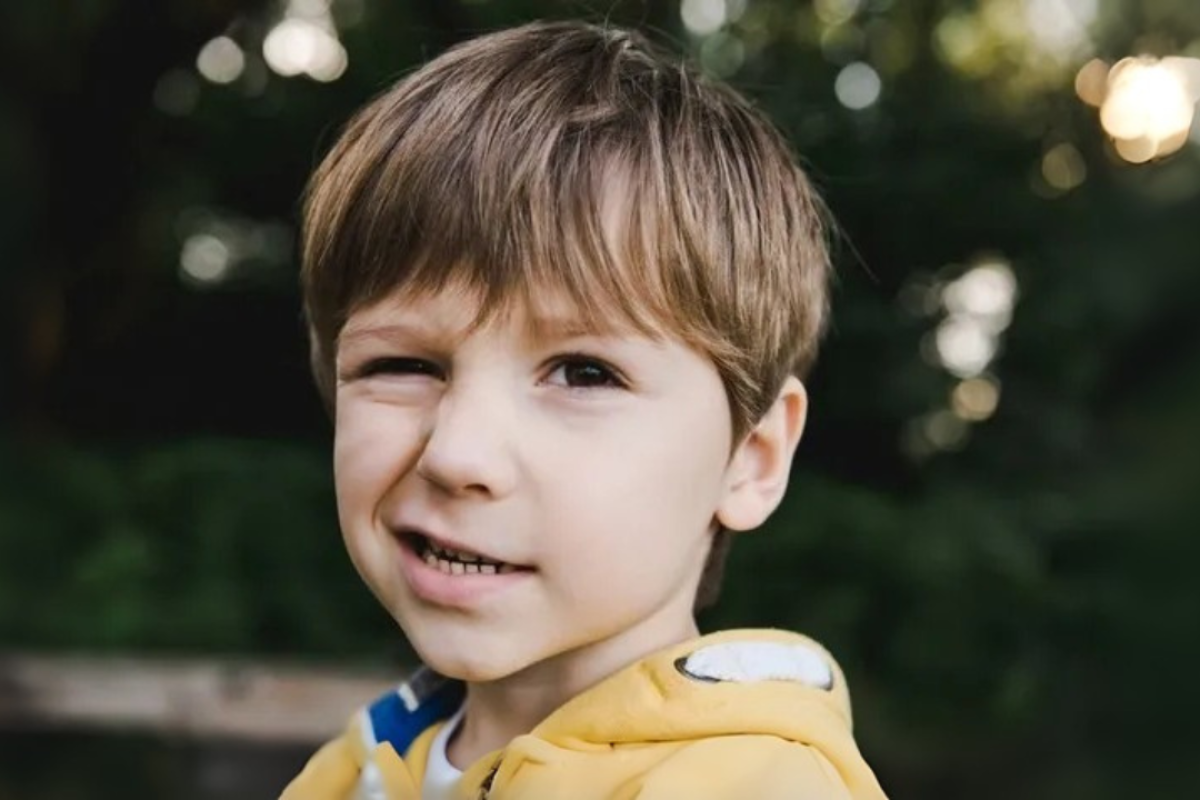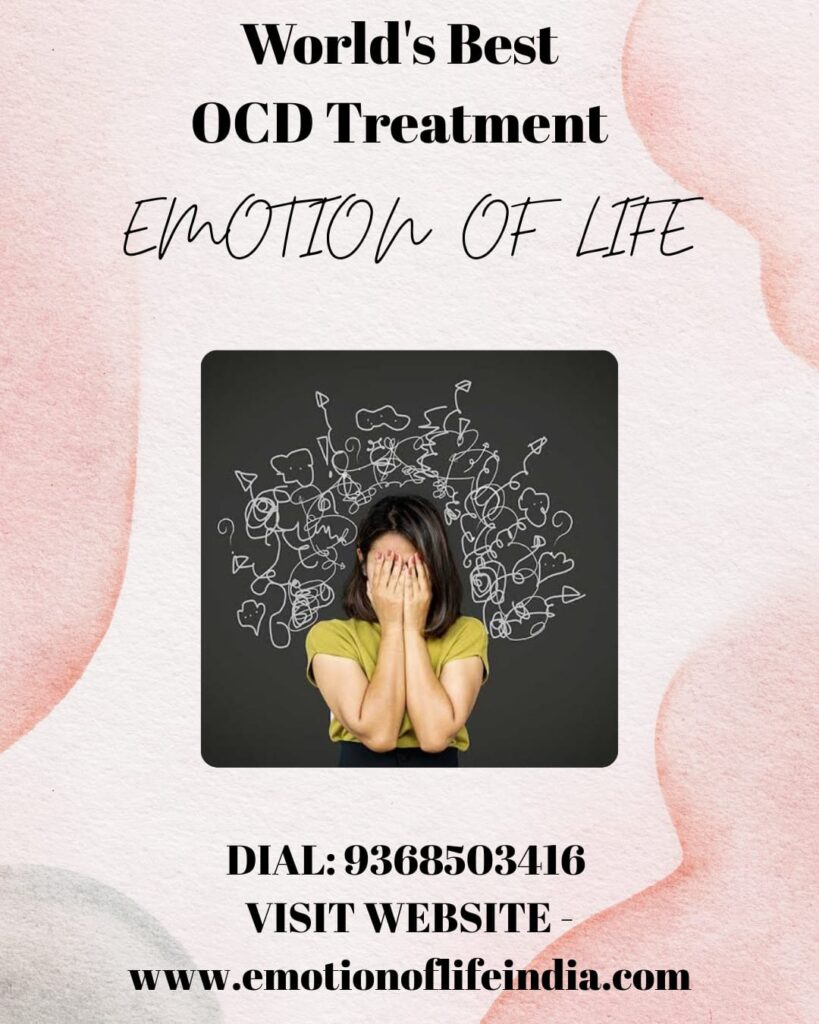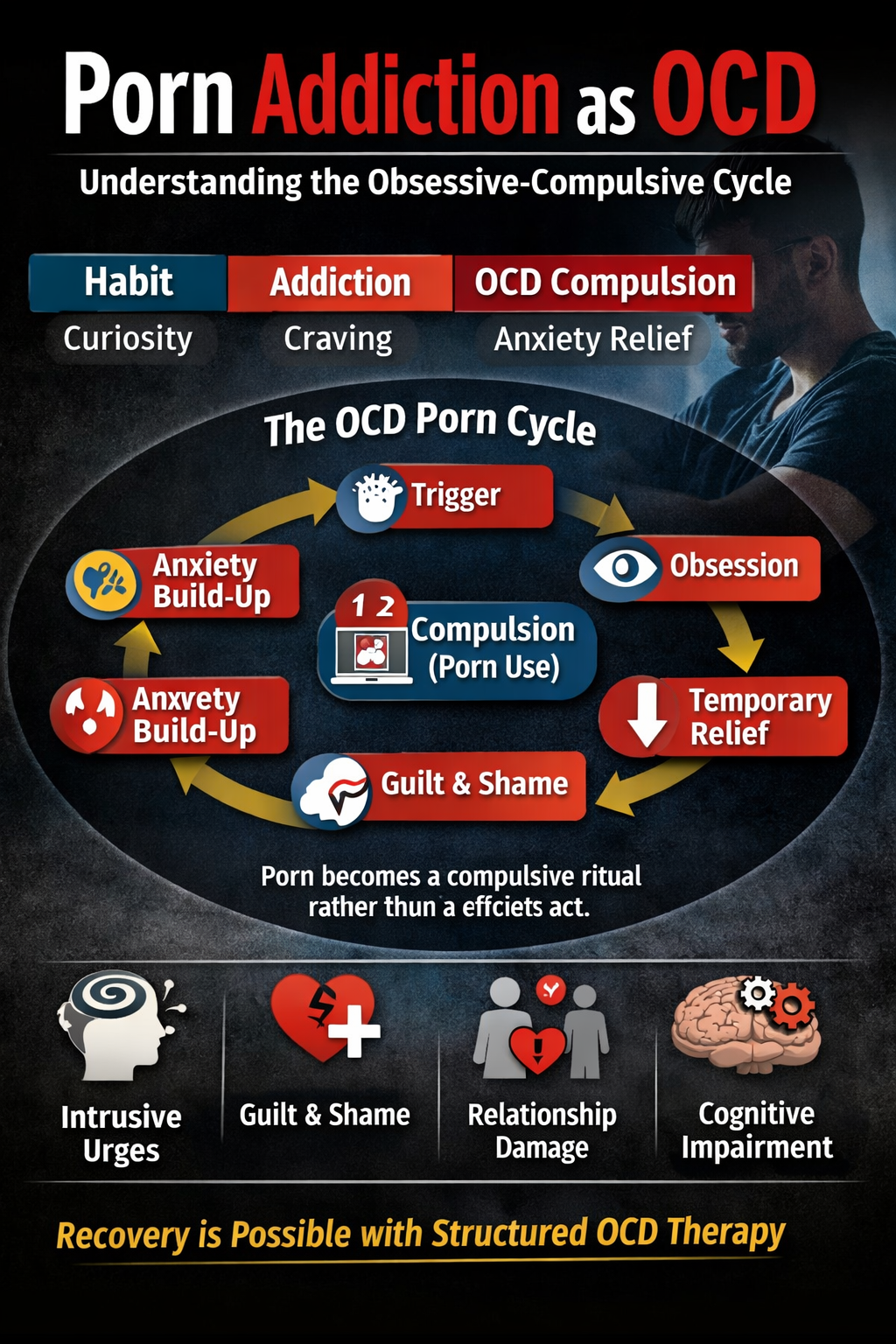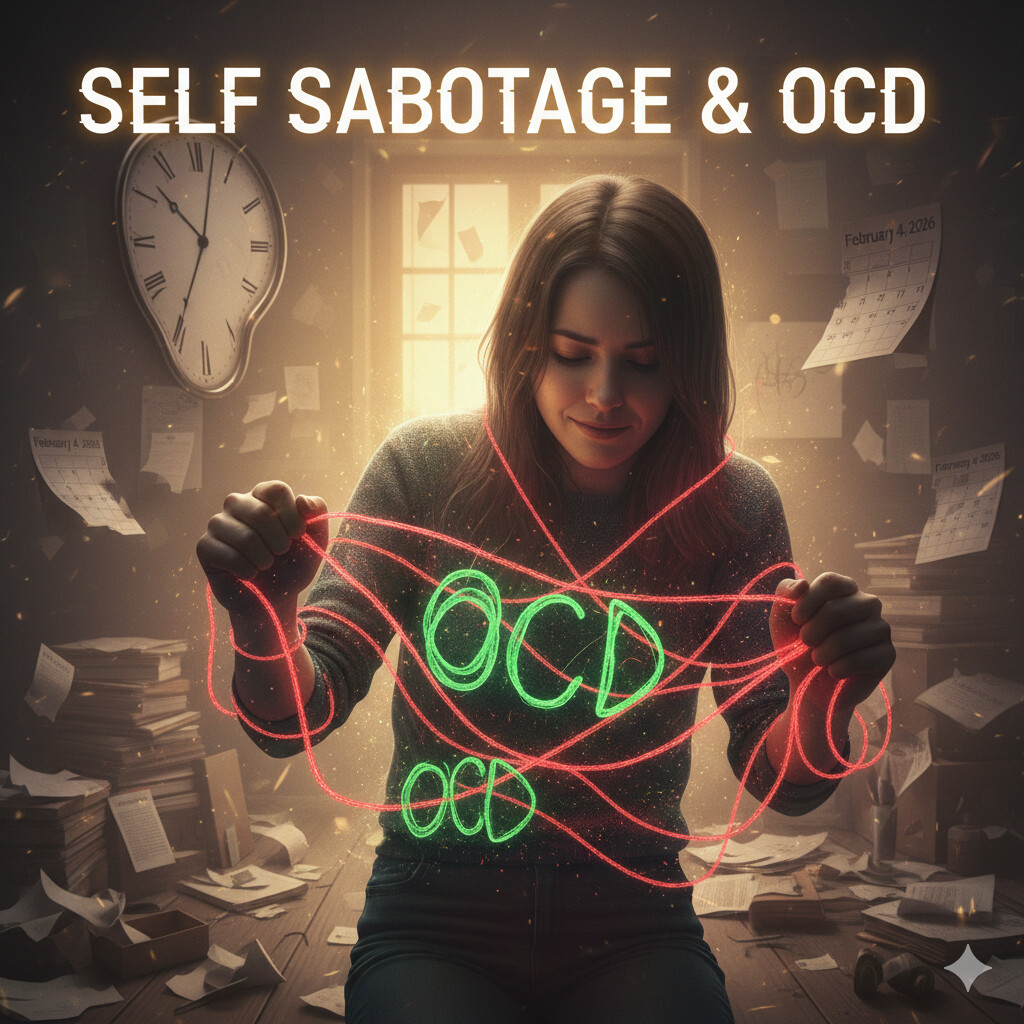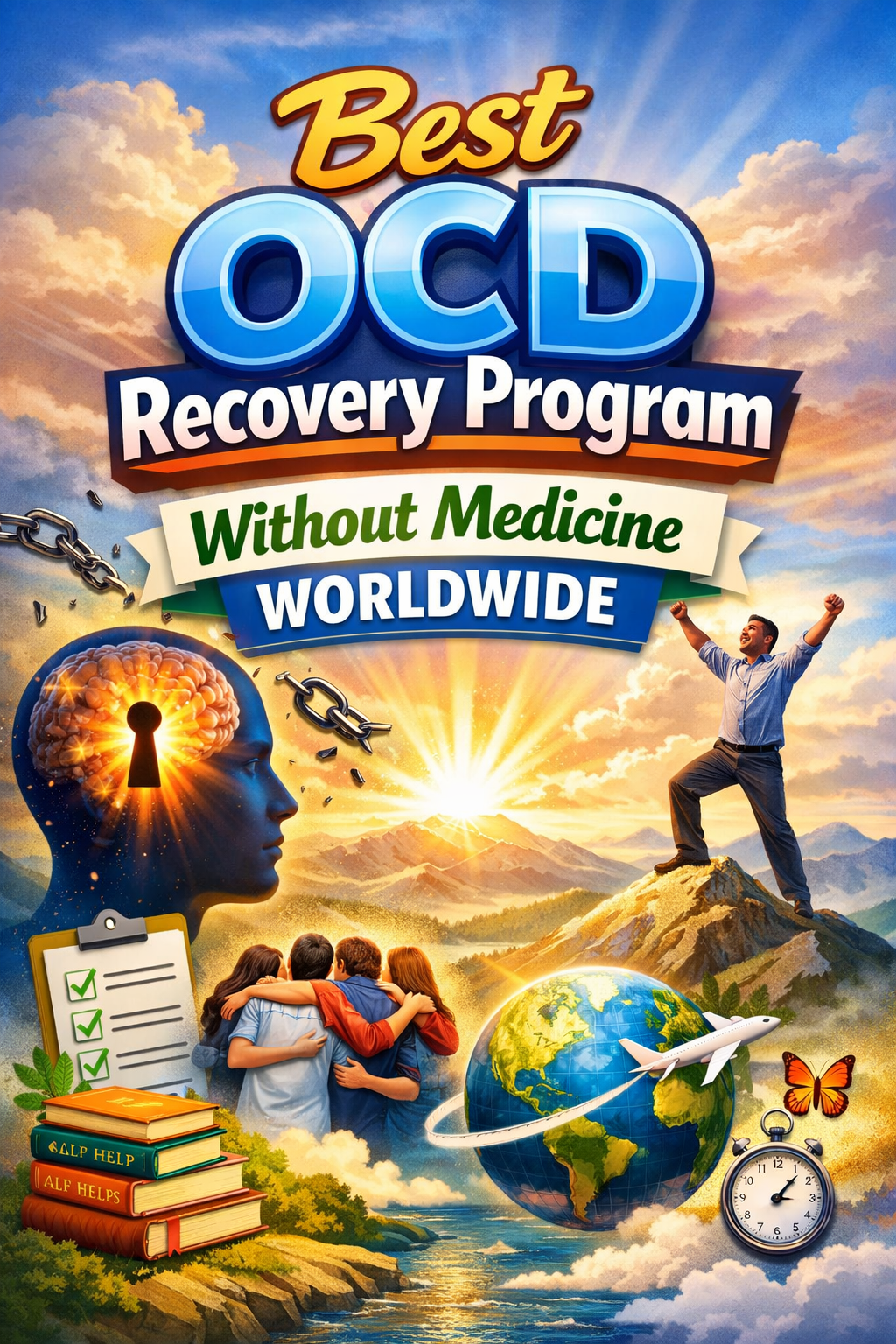Tourettic OCD
Tourettic OCD is also known as Tourette’s-related obsessive-compulsive disorder. Tourettic OCD combines characteristics of both OCD and Tourette syndrome; as a result, it is a complex situation. A person with Tourettic OCD experiences intrusive thoughts, repetitive behaviors, and physical or vocal tics that significantly impact the individual’s daily routine, functioning, and life.
Tourettic OCD has aspects of OCD, such as intrusive thoughts and repetitive behavior done by a person to reduce anxiety because of thoughts. Even after doing compulsions, a Tourettic OCD person feels distress. In Tourettic syndromes, a person does certain involuntary body movements that usually appear in early childhood around 5 to 8 years of age, but the impact is not the same, and it differs from person to person.
The common themes in Tourettic OCD are associated with contamination, harm, or ordering and arranging. These obsessions force people to do rituals of washing, checking, and counting and harm prevention actions; these compulsions are usually accompanied by motor and vocal tics. It impacts the situation of a person with tics who feels sudden, repetitive body movements or vocal movements. The example of motor tics includes eye blinking, head jerking, shoulder shrugging, odd facial expressions, and nose twisting, along with certain gestures, touching certain objects, and imitating others’ movements. As a vocal tics person may show, pronouncing involuntary sounds and words, throat clearing, and coughing.
Symptoms in Tourettic OCD
Obsessions and Compulsions: obsessions revolve around common themes such as contamination fears, fears of harm, perfectionism, and thoughts about symmetry or order. Compulsive behaviors to prevent harm, such as checking, washing, counting, and arranging objects.
Tics involve involuntary, repetitive movements, sounds, eye blinking, head jerking, and shoulder shrugging and may involve throat clearing, sniffing, grunting, or uttering words or phrases.
Impact on life: Tourettic OCD can significantly impact various aspects of life functioning, including social, psychological & academic performance. The presence of obsessions and compulsions creates feelings of shame, embarrassment, frustration, and further impairment in social interactions & self-esteem.
Causes Of Tourettic OCD
Environmental factors interact with genetic predispositions to increase the risk of developing Tourettic OCD. Other factors, like maternal stress, exposure to toxins, or complications during pregnancy or childbirth, increase the possibility of developing Tourettic OCD. Along with psychosocial stressors and traumatic life experiences, adverse life events may enhance the vulnerability of developingTourettic OCD.
Developmental Factors Tourettic OCD typically emerges in childhood, reflecting the developmental trajectories. Neurodevelopmental processes during critical periods of brain maturation may influence the emergence and persistence of symptoms in Tourettic OCD.
Psychological factors, such as cognitive biases, maladaptive coping strategies, and learned behaviors, play a role in the development of Tourettic OCD. Individuals with Tourettic OCD develop heightened anxiety and distress related to the co-occurrence of obsessions, compulsions & tics, leading to a vicious cycle of symptoms.
Impact of Tourettic OCD on Daily Life
Daily Functioning: Tourettic OCD can disrupt various aspects of daily functioning, including academic performance, occupational success, and independent living skills. Persons with Tourettic OCD experience difficulties in organizing thoughts and poorly manage time, leading to academic problems and challenges related to work.
Social Relationships: Tourettic OCD can impact interpersonal interactions. The presence of tics, obsessions, or compulsions may draw unwanted attention or elicit negative reactions from others, leading to feelings of embarrassment, shame, or social isolation. Individuals with Tourettic OCD may avoid social situations or withdraw from social interactions to minimize discomfort or avoid the potential of being judged by others.
Emotional Well-being: Tourettic OCD can have a significant impact on emotional well-being and mental health. Persons with Tourettic OCD experience feelings of frustration, helplessness, and hopelessness in managing their symptoms, leading to increased vulnerability to depression, anxiety disorders, and mood disturbances.
Quality of Life Tourettic OCD impacts the quality of life; it results in significant functional impairment, social difficulties, and emotional distress, leading to a diminished sense of well-being and life satisfaction. The nature of Tourettic OCD affects multiple aspects of life, like physical health, psychological well-being, social relationships, and overall life satisfaction.
Conclusion
Tourettic OCD significantly impairs daily functioning, social relationships, and quality of life. The complex interplay of obsessions, compulsions, and tics presents unique challenges that require comprehensive treatment approaches aimed at addressing both OCD and tics. The goal of treatment must include enhancing stress coping skills, focusing on learning, and enhancing general well-being. Early diagnosis and appropriate intervention are needed in minimizing the impact of Tourettic OCD.
Emotion of Life unique treatment approach for Tourettic OCD
In the emotion of life, we design individual customized OCD recovery program focusing on CBT and ERP with correcting obsessional thoughts, controlling ritualistic behaviors, and restructuring the learning of body and vocal tics. We have successful treatment results for more than 2 dozen clients with tourettic OCD in the past.
Success Story 1: Vihaan, 13 Years, Pune
Vivaan, as a doctor’s parents’ son, had been struggling with sudden repetitive facial grimaces and compulsive touching rituals. These symptoms disrupted his school focus and social interactions. His parents were reluctant to start psychiatric medication and found Emotion of Life’s non-medication OCD Recovery & Cure Program. Under the guidance of OCD therapist Pratibha Gupta, Vihaan began daily CBT and ERP sessions online. He also visited our Agra center for 7 days in 2023. In the first month, his tic frequency reduced by 99%. By the 4th month, he could resist most urges for several minutes. At the end of 5 months, Vihaan regained full control over his compulsions, his tics reduced by 100%, and his confidence returned. Today, he actively participates in school activities and no longer fears his symptoms.
Success Story 2: Aaryan, 12 Years, Pune
Aaryan’s journey with Tourettic OCD started with blinking tics, throat clearing, and repeated touching of cheeks and tapping on the head, and hand movement along with hitting the head until things felt “just right.” His symptoms escalated during exam stress, and his parents worried about his academic future. Choosing Emotion of Life’s medication-free approach, they enrolled him in the daily-session OCD Recovery & Cure Program with Pratibha Gupta. Through ERP exercises, mindfulness, and habit reversal therapy, Aaryan learned to control the “urge wave” before a tic happened. By month 2, his symptoms reduced by 50%. By month 5, his tics and compulsions were barely visible, and improvement was achieved around 90%, and he felt confident speaking in public and making new friends. His teachers now describe him as focused, cheerful, and free from constant interruptions.


